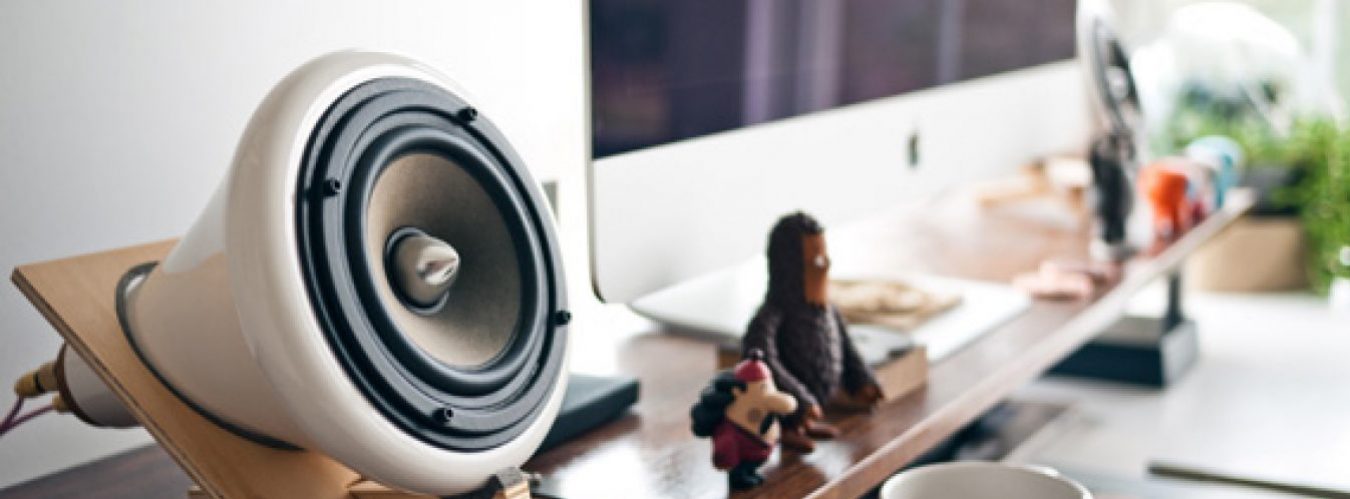I hate social media. Individuals who have experienced 15 seconds of fame at an early age tend to develop a disdain for anything related to “media.” It’s traumatizing for kids (and adults) when it feels as though every action, word, and thought is exposed to the world for judgment, criticism, or adoration. When I first learned about Facebook, I couldn’t help but laugh. People reading about what you ate for breakfast, where you got your haircut, and with whom you had dinner? Who would want that? Apparently, 2.96 billion people. As time went on, Twitter, Instagram, TikTok, and Snapchat emerged, and I found myself stockpiling emergency supplies and searching for an underground bunker.
For the subsequent decade, I lived in a blissful alternate reality. While my friends constructed an intricate collage of random experiences on Facebook, Instagram, and Twitter, I chose the moral high road, refusing to partake in this mass delusion. However, when a business partner complained to a mutual friend that I don’t even have a LinkedIn profile, I realized it was time to overcome my reservations and embrace a semblance of normality. It was time for me to create a LinkedIn account.
The challenge was that I knew next to nothing about social media. So I hired someone to manage my account. After a minimal inquiry about my personal life, he requested that I write three articles while he would handle the rest—optimizing SEO, increasing visibility, and the like. Thus, my LinkedIn page was born.
A few days later, the “expert” sent me a screenshot of my LinkedIn account. 1k followers? Who were these individuals? I had been brutally honest in my writing, with no pretense or attempts to portray myself as someone I’m not. Yet, people liked my posts? Really? Had I finally found acceptance among my fellow humans? Encouraged by this discovery, I began sharing more of myself bit by bit—my unconventional thoughts, idiosyncratic philosophy, and even the story of my battle with cancer. The follower count continued to rise, and no one responded with cruelty, accused me of egomania, or attempted to hunt me down and kill me. I was accepted for who I truly was—or so I thought.
One morning, as I logged in to post another article about life, I noticed a significant decrease in my follower counts. I emailed my “expert PR manager,” who assured me that occasional drops in followers were normal if I didn’t post frequently enough. However, the following morning, my followers dwindled even further, halving and quartering in numbers until I was left with only those I knew personally. That was when it hit me. My followers weren’t real people. Of course, no one had tried to harm me. Only those who were already acquainted with me had been reading my posts!
Needless to say, the LinkedIn “expert” stopped responding to my emails and calls. At first, I considered disputing his fee with my credit card company, but I changed my mind. Without him—and the thousands of fake followers—I would not have summoned the courage to share my life, even with those closest to me. My friends, colleagues, neighbors, and even my mother read my stories, laughed, cried, and sent messages of encouragement. A few executives in the same industry also began following me. It was these individuals who made me continue using LinkedIn rather than retreat back into my metaphorical underground bunker.
So, perhaps I will continue to share my thoughts and experiences—until I receive death threats. I will continue to write, not driven by a desire for acceptance or validation from strangers, but to cultivate meaningful connections with those who wish to tolerate me. In the end, I have come to understand that social media, like any tool, can be both a source of empowerment and a potential trap. It is our responsibility to wield it wisely, guarding our authenticity and seeking meaningful connections amidst the noise. As I navigate this ever-evolving digital landscape, I call to mind that true acceptance and validation come not from the masses but from those who know me and have not strangled me yet.

